Tropic Ditch
A late-19th century diversion canal built by hand crosses Bryce Canyon National Park and is still in use.
Southern Utah has spectacular scenery, but for pioneers trying to carry out agriculture in these arid lands an adequate water supply was an ongoing problem.
This led to some extraordinary water diversion projects, including the Tropic Ditch. Water was diverted from the East Fork of the Sevier River, atop the Paunsaugunt Plateau west of the present location of Bryce Canyon National Park, to Bryce Valley. Construction began in 1890 and the Ditch was completed in 1892. It was built entirely with muscle power, using hand tools and draft animals. It extends easterly some 10 miles to the town of Tropic, which relies on its water to this day.
To minimize excavation, a critical consideration with no earth-moving equipment, natural watercourses were used as much as possible. In particular, an ordinarily dry east-draining watercourse, now called Water Canyon, became a major part of the ditch. Water Canyon crosses what is now Bryce Canyon National Park, but is still in use as it was grandfathered in when the Park was created.
Know Before You Go
One easy access point is via the Tropic Wayside, where Water Canyon intersects Utah State Route 12 inside Bryce Canyon National Park. The wayside is about 3.7 miles east of the intersection with Utah SR-63, the turnoff for the main park entrance. The trailhead is well-marked. It is an easy hike, about 0.5 miles, up to Tropic Falls, where the water drops over a ledge, but the trail continues on upstream for those who want to continue.
While on the trail Mossy Cave, a large overhang, is an easy sidetrip. Obvious use paths also lead to some spectacular hoodoos.


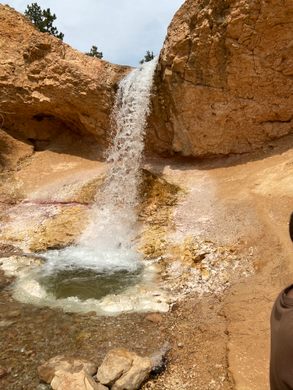
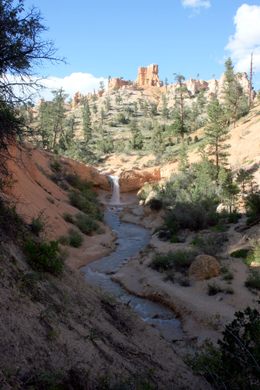



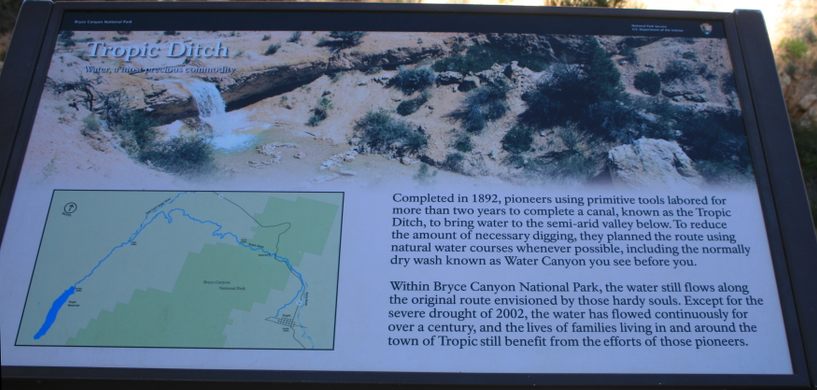








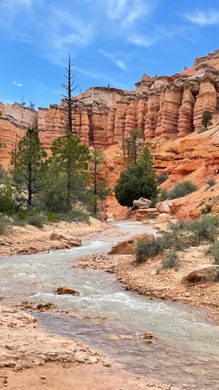



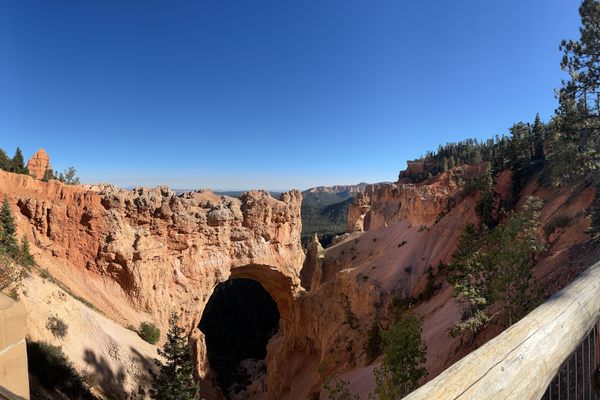
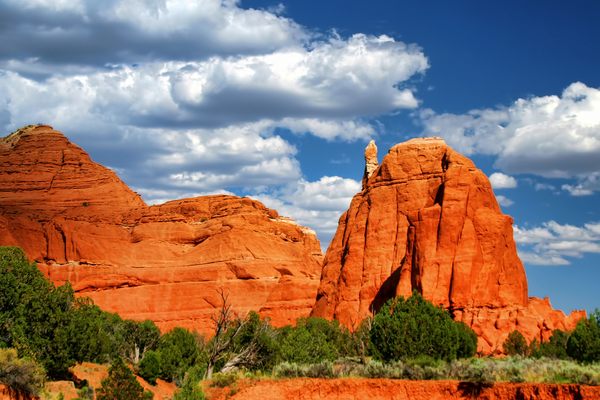
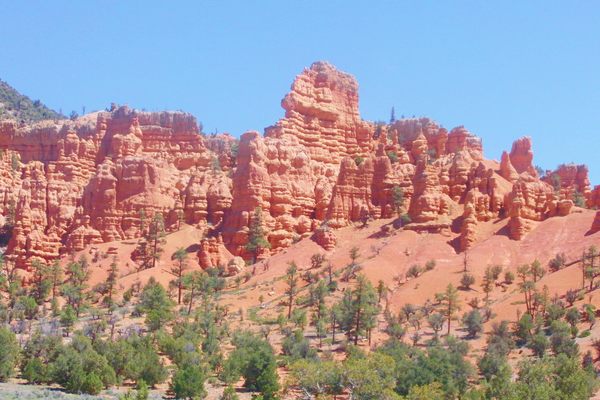

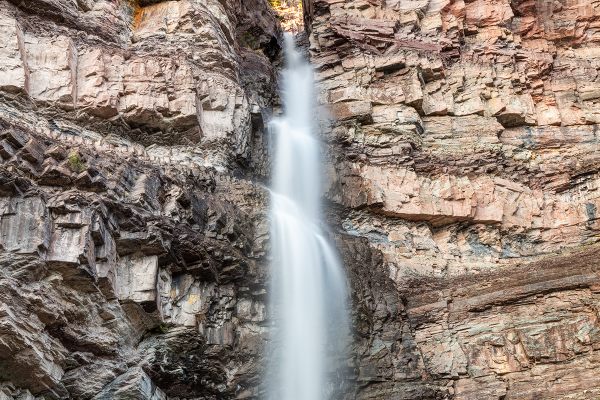




Follow us on Twitter to get the latest on the world's hidden wonders.
Like us on Facebook to get the latest on the world's hidden wonders.
Follow us on Twitter Like us on Facebook